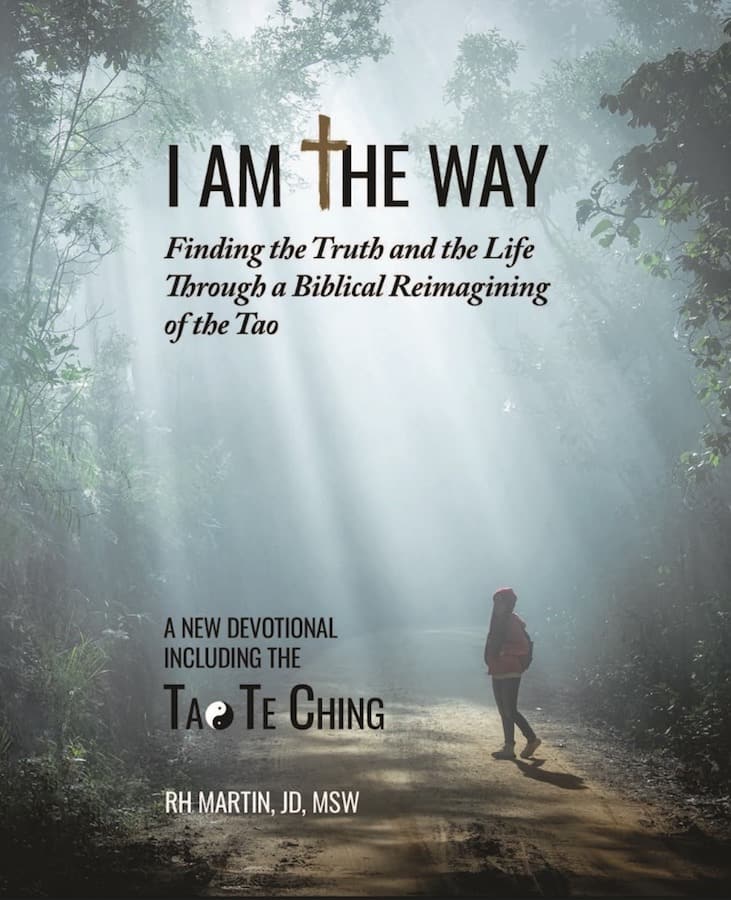In the rich tapestry of religious and philosophical traditions, there are remarkable instances where seemingly disparate teachings intersect, revealing profound insights into the nature of human existence and spiritual flourishing. One such convergence can be found in the Beatitudes of the New Testament and the Tao Te Ching, a foundational text of Taoism. Despite arising from different cultural and religious contexts, the Beatitudes and the Tao Te Ching share striking similarities in their ethical principles, spiritual values, and vision for a life of wisdom and virtue.
The Beatitudes, famously delivered by Jesus in the Sermon on the Mount, offer a series of blessings that illuminate the path to true happiness and fulfillment. Each Beatitude begins with the word "blessed," indicating a state of deep spiritual contentment and divine favor. In contrast, the Tao Te Ching, attributed to the sage Lao Tzu, presents timeless wisdom on living in harmony with the Tao, the underlying principle of the universe. While the language and cultural references differ, both the Beatitudes and the Tao Te Ching share common themes that resonate across traditions.
- Blessed are the Poor in Spirit, for Theirs is the Kingdom of Heaven: This Beatitude speaks to the value of humility and inner poverty, acknowledging our dependence on God and our need for spiritual nourishment. Similarly, the Tao Te Ching emphasizes the virtue of humility and simplicity, teaching that "the soft overcomes the hard" and that true strength lies in yielding rather than resisting.
- Blessed are the Meek, for They Shall Inherit the Earth: In this Beatitude, Jesus extols the virtue of gentleness and non-aggression, highlighting the power of meekness to transform conflicts and foster harmony. Likewise, the Tao Te Ching teaches the principle of wu wei, or non-action, which encourages individuals to align themselves with the natural flow of events and to avoid forceful or coercive behavior.
- Blessed are the Peacemakers, for They Shall be Called Children of God: This Beatitude celebrates the role of peacemakers in reconciling differences and fostering unity among humanity. Similarly, the Tao Te Ching extols the virtue of harmony and balance, teaching that "the highest good is like water," which nourishes all living things without seeking recognition or reward.
- Blessed are Those who Hunger and Thirst for Righteousness, for They Shall be Filled: This Beatitude emphasizes the value of seeking justice and righteousness as a pathway to spiritual fulfillment. Similarly, the Tao Te Ching teaches the importance of aligning oneself with the Tao, the source of all goodness and virtue, in order to experience true fulfillment and inner peace.
- Blessed are the Merciful, for They Shall Obtain Mercy: This Beatitude highlights the transformative power of mercy and compassion in healing brokenness and restoring relationships. Similarly, the Tao Te Ching teaches the virtue of compassion and non-judgment, urging individuals to embrace the world with an open heart and to respond to others with kindness and understanding.
- Blessed are the Pure in Heart, for They Shall See God: This Beatitude speaks to the value of inner purity and integrity, acknowledging the transformative power of a heart that is free from deceit and selfishness. Similarly, the Tao Te Ching teaches the importance of simplicity and sincerity, urging individuals to cultivate inner clarity and authenticity in their thoughts and actions.
- Blessed are the Persecuted for Righteousness' Sake, for Theirs is the Kingdom of Heaven: This Beatitude acknowledges the challenges and hardships faced by those who stand up for justice and righteousness. Similarly, the Tao Te Ching teaches the value of resilience and perseverance in the face of adversity, reminding individuals that "the journey of a thousand miles begins with a single step."
In conclusion, the Beatitudes of the New Testament and the Tao Te Ching of Taoism offer profound insights into the nature of spiritual growth, ethical living, and human flourishing. While arising from different cultural and religious contexts, these teachings share common themes of humility, gentleness, compassion, and righteousness that resonate across traditions. By exploring the parallel wisdom of the Beatitudes and the Tao Te Ching, individuals can deepen their understanding of universal truths and cultivate a life of wisdom and virtue. As the poet Rumi once wrote, "There are many paths to the top of the mountain, but the view is always the same."



